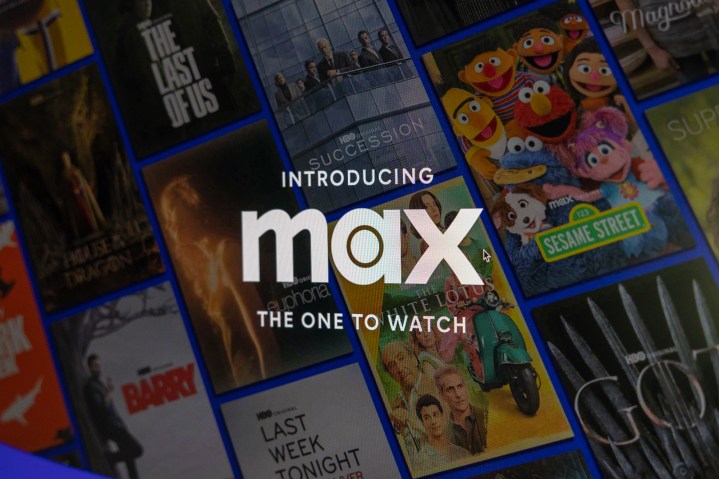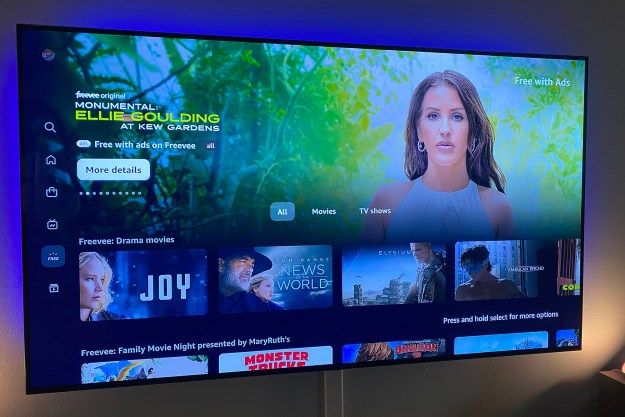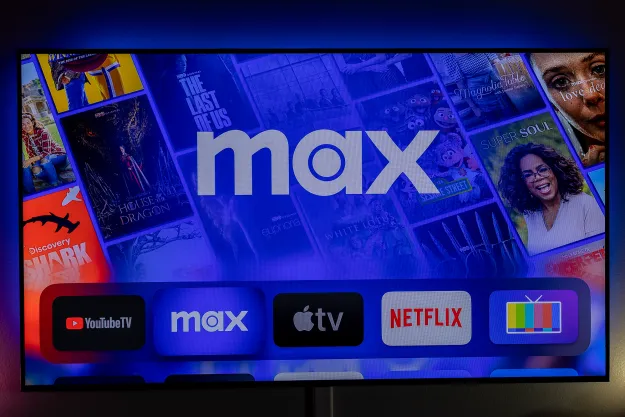If it seems like basically any company that owns any sort of entertainment content is in the FAST game. (That’s free advertising-supported TV.) Fox has Tubi. Paramount has Pluto TV. Amazon has Freevee. (And Freevee has Amazon.) The Roku Channel syndicates a bunch and has its own content. Sling has its own thing.
What about Warner Bros. Discovery? The newly combined service that now serves pretty much the entire entertainment spectrum — from Succession and Game of Thrones to This Came Out of Me and Naked and Afraid — is set to relaunch as Max with a new app on May 23 that looks to give consumers even more content for their monthly subscription fee. (And on a platform that works better than HBO Max ever did, too.) And it’s still doing so with a paid tier that includes advertising.
A FAST tier almost certainly is coming at some point, Warner Bros. Discovery CEO and president for global streaming and games JB Perrette said on the company’s first-quarter 2023 earnings call. It’s just a matter of when. For now, however, Warner Bros. Discovery is content with its current strategy of licensing channels to other services.

“We always believe in what we call a hybrid strategy, which is ultimately first and foremost what we call channel syndication,” Perrette said on the call. We realize that the platforms and the distributors out there — there are many — who have the scale and the size that we want to get our channel platform out there and viewed. We’ve already gotten out with Roku and Tubi and we’ve been pleased with the initial success with a handful of channels that are out there already.”
For context, Fox’s Tubi commanded about 1% of all streaming minutes in February 2023, according to The Gauge. HBO Max was at 1.3%, and Netflix at 7.3%. For actual numbers, Pluto TV (owned by Paramount) reported some 80 million monthly active users for Q1 2023.
Perrette didn’t give the impression that Warner Bros. Discovery was necessarily behind on the FAST trend, or that it needed to be in a hurry to get a FAST service up and running. In fact, we’ll likely see more WBD content hit other FAST channels in the meantime.
“We will continue to look to see if we can increase that volume for a second-, third, fourth monetization window for certain content,” he said. “And we will continue to explore the owned-and-operated strategy. And at some point in time longer term we do see the opportunity for this WBTV brand and platform to exist in an owned-and-operated environment.”
That last part is corporate speak for a Warner Bros. Discovery FAST channel. But, again, no timeline was given, and the current state of the advertising business (which is not great in early 2023) will have a lot to do with what happens, and when it happens.
“We want to make sure that we come to market at the right time when the demand is sufficient,” Perrette said. “But we will continue to execute this hybrid strategy of syndicated channels initially, and then over time, at the right time, launch our own service.”
Editors' Recommendations
- Max will be available to stream in Europe starting May 21
- New streaming service looks to end endless Googling for sports
- A new streaming sports paradigm doesn’t change what’s most important
- Is Edge of Tomorrow 2 now possible with Tom Cruise back at Warner Bros.?
- Max is now available to watch on YouTube Primetime Channels




